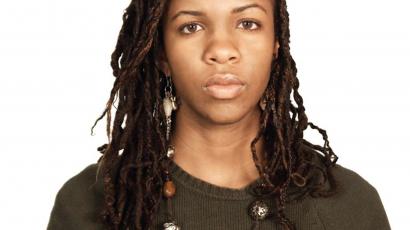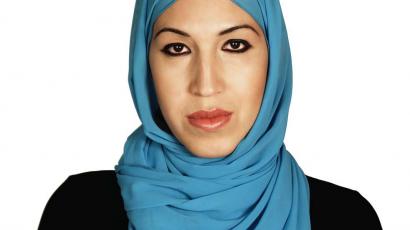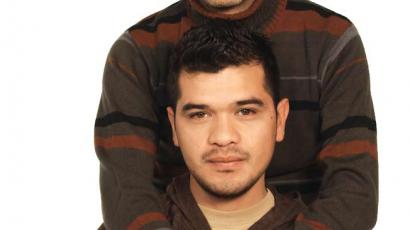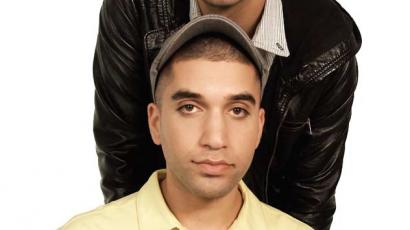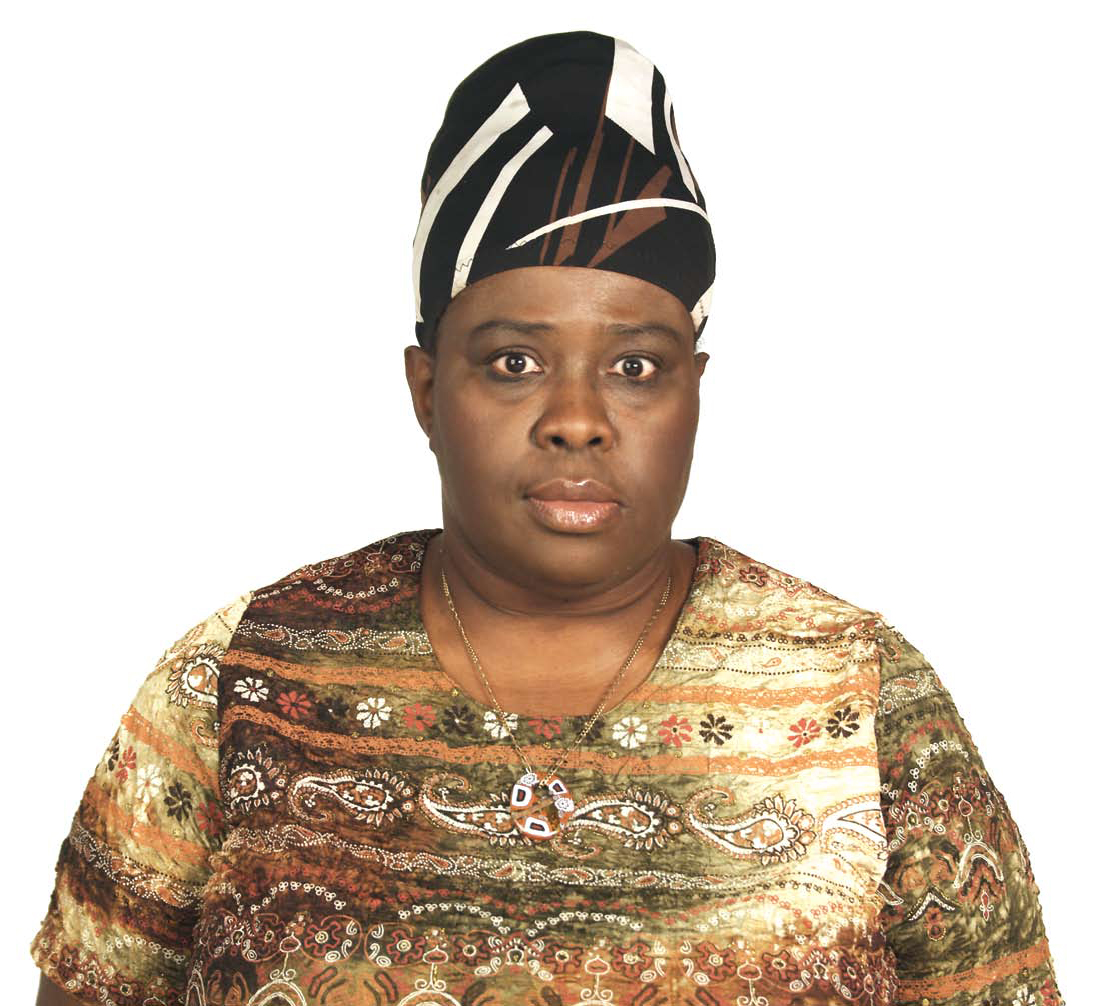
For almost 40 years, Billi has been dedicated to “the business of helping people.” A parent and a poet, Billi also works as a senior manager at a community organization in a small town north of Toronto that provides settlement services. Although Billi is heterosexual and is not aware of any LGBTQ newcomers who have accessed services at her agency, she has taken an interest in learning more about the issues involved, and hopes to support change within her workplace to create a safer environment for LGBTQ staff and clients.
Billi imagines the complexity and vulnerability of even beginning to access service as a gay man, when assumptions about sexual orientation are so common: “How difficult it would be to go to any ordinary settlement agency and say, ‘Ok, I want to sponsor my partner.’ So then they’re going to say, ‘Ok, so, what’s your wife’s name?’ Automatically assuming…and if this settlement worker is hearing, and that settlement worker is hearing, and it’s in the open cubicle, are we providing a safe space for the person to say, ‘By the way, no, I’m a gay man’?”
For Billi, it is neither possible nor desirable to ask that an employee separate the various aspects of who they are and leave a part of themselves at home each day when coming to work. Instead, given the diversity of people and experiences that make up our communities, she believes that organizational change through flexible policies and practices is needed to better support LGBTQ staff: “If we have rigid policies, then they’re not client-centered or worker-centered. They are agency-centered policies and procedures.”
But change happens slowly, and in her experience, it can be met with resistance. Billi recalls hearing about a staff and management team at another social service agency who wanted LGBTQ diversity training. Ultimately, the board of directors denied the request because they were concerned about how the agency would be perceived if they worked on LGBTQ issues. In other situations, Billi has observed that the ways diversity training is delivered can be inadequate. She notes that while some senior staff might believe that a short, one-time training session is enough, in reality, it is often not sufficient. Furthermore, the emphasis for learning about diversity is often placed upon frontline staff: “My recommendation is that senior management, and the board level, also need to become sensitive and caring.”
There are serious consequences associated with lack of training and education – many service providers are ill-informed about LGBTQ issues and stereotypes persist: “People are not knowledgeable. They have preconceived ideas, [and] there are some myths floating around that the majority of people in this community have HIV, those kinds of things.” In small towns like the one Billi lives in, insufficient services for LGBTQ newcomers is also a problem. As a result, many people end up accessing services in Toronto – an unsatisfactory solution given the distance people must travel. In the future, she hopes to see more research into the issues and some focussed LGBTQ programming where people can share experiences over a meal and feel a greater sense of community. After all, LGBTQ newcomers want to participate in community life much like anyone else, Billi believes: “They bring the same strengths anybody would bring. In terms of their education, their abilities, their aspirations, their dreams. They would want to contribute to the society. They would want to participate in civic responsibilities. They would want to participate in the community’s well-being.
